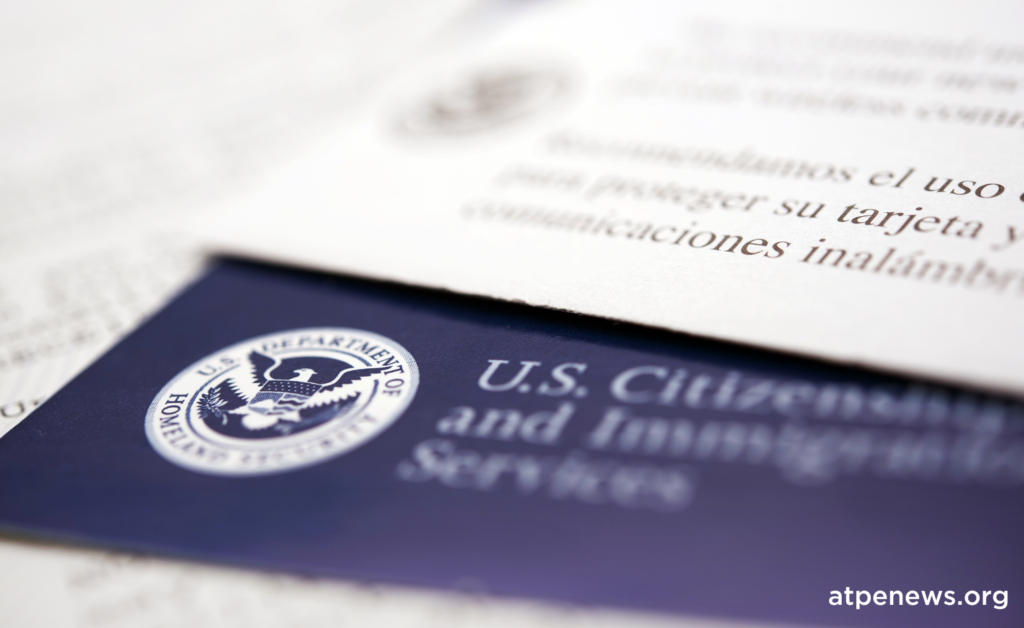Immigration Enforcement Activities on School Campuses

In light of the recently stepped-up immigration enforcement activities in Texas and around the country, ATPE has heard from educators who have questions about how they are supposed to respond—and what legal rights they may have—if federal government officials conduct these activities on or near their campuses. Some educators also have questions about the rights of their students in these situations.
In 1982, the U.S. Supreme Court ruled in Plyler v. Doe that a public school district could not discriminate against a student based on immigration status. The Supreme Court’s decision relied on the Equal Protection Clause of the 14th Amendment to the U.S. Constitution. Therefore, school districts these days do not normally collect immigration status information from students or their parents as part of the enrollment process, and legal immigration status is not a requirement for school attendance in Texas.
However, it is important to know that the federal government still has the authority to enforce immigration law. In the past, the government followed an internal policy or practice of not conducting enforcement activities in sensitive areas, such as churches, hospitals, or schools. The new administration recently rescinded this restriction, so it is possible the federal government will consider conducting enforcement activities at schools. Like you, we are awaiting further specific guidance from the Texas Education Agency (TEA) and/or the Texas governor’s office regarding how school districts and educators are supposed to respond to any enforcement activities on campus.
In addition to looking to TEA for guidance, school districts should, with the help of their legal counsel, carefully review any planned federal enforcement activities on school property before allowing access to a campus or a student, especially due to the stringent campus security requirements and protocols mandated by the State of Texas. An educator does not have any independent right to refuse to cooperate with lawful immigration enforcement, so educators should seek guidance from their campus and district administration and cooperate with lawful activities that the school district has reviewed and approved. If you are an eligible ATPE member, you may contact the ATPE Member Legal Services Department if you have specific questions relating to your own employment rights and obligations.
The legal information provided here is accurate as of the date of publication. It is provided here for informative purposes only. Individual legal situations vary greatly, and readers needing individual legal advice should consult directly with an attorney. Please note: Rights based on the Texas Education Code may not apply to all. Many Texas Education Code provisions do not apply to public charter schools, and public school districts may have opted out of individual provisions through a District of Innovation plan. Eligible ATPE members may contact the ATPE Member Legal Services Department.

Share Your Thoughts
Log in to the ATPE Online Community to communicate with educators from across Texas on this article and much more. Explore the community today!